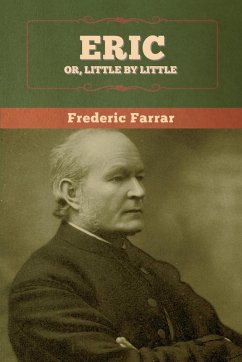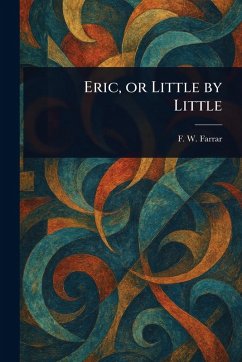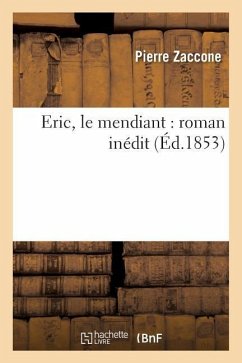Frederic William Farrar (1831-1903), known as F. W. Farrar, was an esteemed figure in the circles of education, religion, and nineteenth-century literature. An academic and a cleric, Farrar was born on August 7, 1831, in Bombay, India, where his father served as a missionary judge. Educated at King William's College on the Isle of Man and later at Trinity College, Cambridge, he excelled in the study of classics and divinity. Farrar's career is marked by his role as a teacher, culminating in his appointment as Headmaster of Marlborough College and subsequently the Dean of Canterbury. A prolific author, Farrar explored themes of Christian morality and the refining of character in young men through his fictional works and sermons. His pedagogical ideals were vividly crystallized in his best-known novel 'Eric, or Little by Little' (1858), which depicted the gradual moral fall and eventual redemption of a boy at an English boarding school. Couched in a didactic narrative style that reflects the Victorian values of personal improvement and virtue, the book was immensely popular in its time and contributed significantly to the genre of school stories that influenced educational outlooks for years to come. Farrar's literary output includes religious texts, such as 'Life of Christ' (1874), and language studies, adding to his scholarly laurels. Although his works are perhaps less read today, F. W. Farrar's legacy as a moralist and educator who sought to inspire through literature remains noteworthy.















